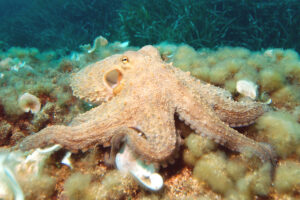
Assessment of two octopus stocks with fluctuating dynamics in Yucatán, Mexico
Study concludes that average total latent productivity (TLP) is the correct sustainable harvest rate for fluctuating stocks like octopus.
GSSI-certified fisheries now meet MarinTrust’s key pre-check, reducing duplication and streamlining certification for marine ingredients.

Study concludes that average total latent productivity (TLP) is the correct sustainable harvest rate for fluctuating stocks like octopus.
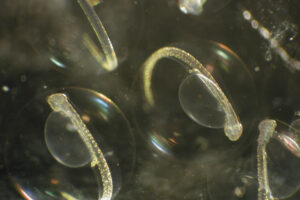
Study provides a framework to evaluate practical sampling designs to estimate the abundance indices of target ichthyoplankton species in surveys.
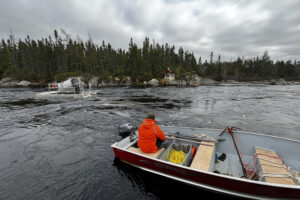
Smolt wheels are helping scientists in Canada track salmon migration, assess river health and guide long-term conservation strategies.
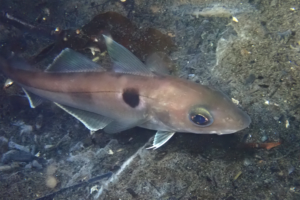
A comprehensive review of the application of multi-species models in fisheries research, highlighting geographic and species-specific uses.
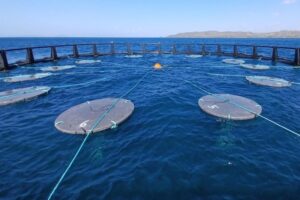
Spanish marine tech firms launch an industrial-scale biodegradable fish aggregating device to cut ocean plastic pollution in tuna fisheries.

Spawning metrics in this study could be used in stock assessments to improve grey snapper reproductive output estimates, stock status and management.
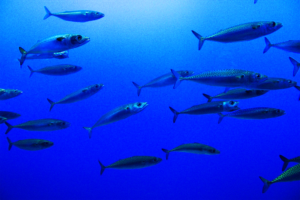
Study results can help estimate and predict chub mackerel distributions during early life stages, subsequent exploitable abundance and fishery production.

The Aquatic Life Institute highlights animal welfare innovations for fisheries, linking humane practices to sustainability and product quality.
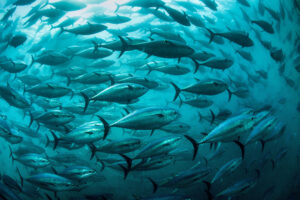
Catch limits, quotas and aquaculture have helped rebuild Pacific bluefin tuna fisheries after the spawning stock biomass plummeted to a historic low.
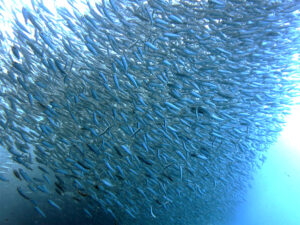
An understanding of the impacts of climate change and economic expansion on small pelagic fisheries offers insights for scientific fishing strategies.
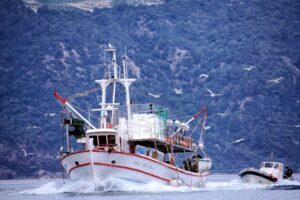
OECD report warns subsidies risk fueling overfishing and illegal fishing, and urges targeted funding to strengthen fisheries management.

Scientists in Norway are developing biodegradable fishing gear to reduce plastic pollution in the ocean and prevent harmful microplastics.
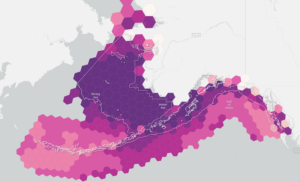
An open data platform may make ocean data accessible and actionable through location analytics, digital maps, dashboards and web portals.

Genome sequencing could inform research for cost-effective point-of-origin testing to promote trade of sustainably managed natural resources.
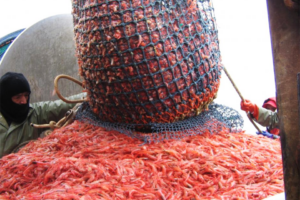
A use-case approach can be applied for fisheries management when evaluating whether a new measuring technology can replace an existing one.